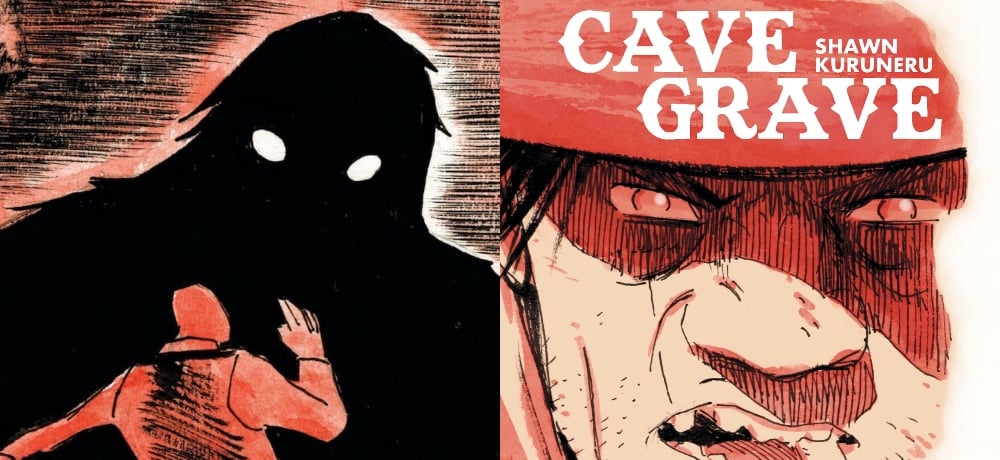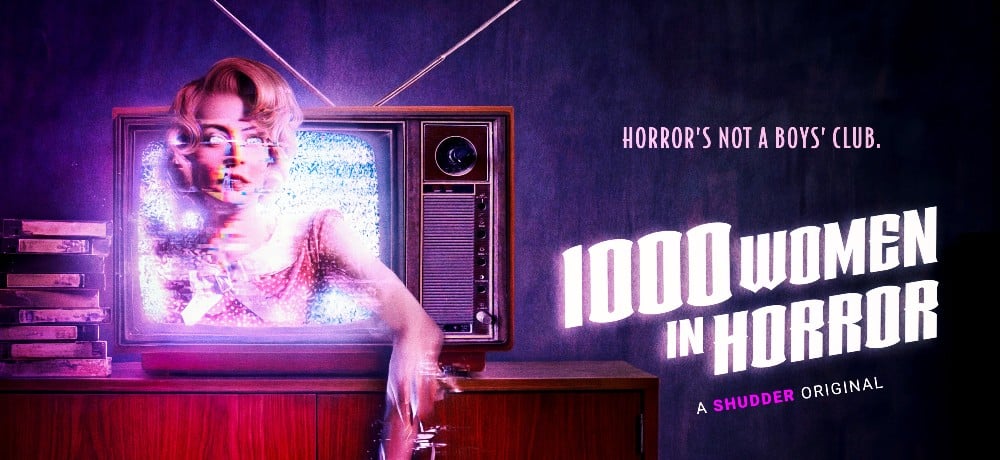





Feeling very much like a long lost episode of Alfred Hitchcock Presents, Eugenio Mira’s Grand Piano is a stylish and taut thriller that wastes no time on spectacle, instead choosing to meticulously focus on story, characters, atmosphere and building tension throughout.
In Grand Piano, Elijah Wood portrays piano virtuoso Tom Selznick, who has fallen from the limelight after his last performance was a total disaster, leaving him as the laughing stock of the pianist world. Primed to make his comeback while playing his mentor’s piano at a special concert put together by his loving wife Emma (Kerry Bishe), Tom does his best to feign confidence as he first sits down to perform for an eager audience.
That façade of confidence is quickly shaken when he realizes there’s a maniacal sniper in the building (John Cusack) who has a gun aimed at his head. If Tom plays even just one wrong note during the evening’s performance, the mysterious killer will shoot him right between the eyes, raising the stakes for Tom’s concert to unbelievable heights.
As someone who often laments how most horror films seem made just for younger audiences these days, Grand Piano was a welcome breath of fresh air this genre so desperately needs right now. A wonderfully simple concept that only gets better as more layers of the story are revealed, Grand Piano hearkens back to the 60’s and 70’s, both eras when lavish thrillers were all the rage and audiences didn’t need total realism or a ton of CGI in order to enjoy a well-made and highly entertaining film.
Mira seems confident with the material in Grand Piano, keeping his focus intently on Tom and the danger at hand during the intense cat-and-mouse game he gets caught in during that fateful evening. And everything in screenwriter Damien Chazelle’s script seems simple enough on the surface, but it’s the way the delightfully outlandish hostage plot is masterfully revealed that makes Grand Piano such a delight. Cinematographer Unax Mendia also does some dazzling things with the camera here, especially during several frenetic sequences featuring Tom fervently playing piano all while trying to communicate with the madman holding him hostage.
Wood, who has become something of an indie horror powerhouse himself lately (both in front of and behind the camera), turns in another fantastic performance in Grand Piano which challenged the actor both physically and emotionally in ways we haven’t seen before as an actor. As Tom is continuously pushed by Cusack’s relentless captor, we see a broken man turn into a reluctant hero when he realizes that he’s the only one who can possibly put an end to the nightmare he’s caught in the middle of. The success of Grand Piano falls squarely onto Woods’ capable shoulders and he absolutely lives up to the task here, even if the film’s resolution is a bit outlandish.
At a brisk 80+ minutes, Grand Piano is a highly infectious and tightly-wound thriller that isn’t afraid to have some fun with both its story and its characters. Undoubtedly a throwback to the early films of Brian DePalma, Alfred Hitchcock and Stanley Kubrick, Mira infuses his efforts with a sense of elegance and style that feels wholly unlike anything else happening in the genre world these days. Anchored by a haunting and intense performance by Wood, Grand Piano hits all the right notes and reminds us of a time in horror when simpler really was better.
Movie Score: 4/5